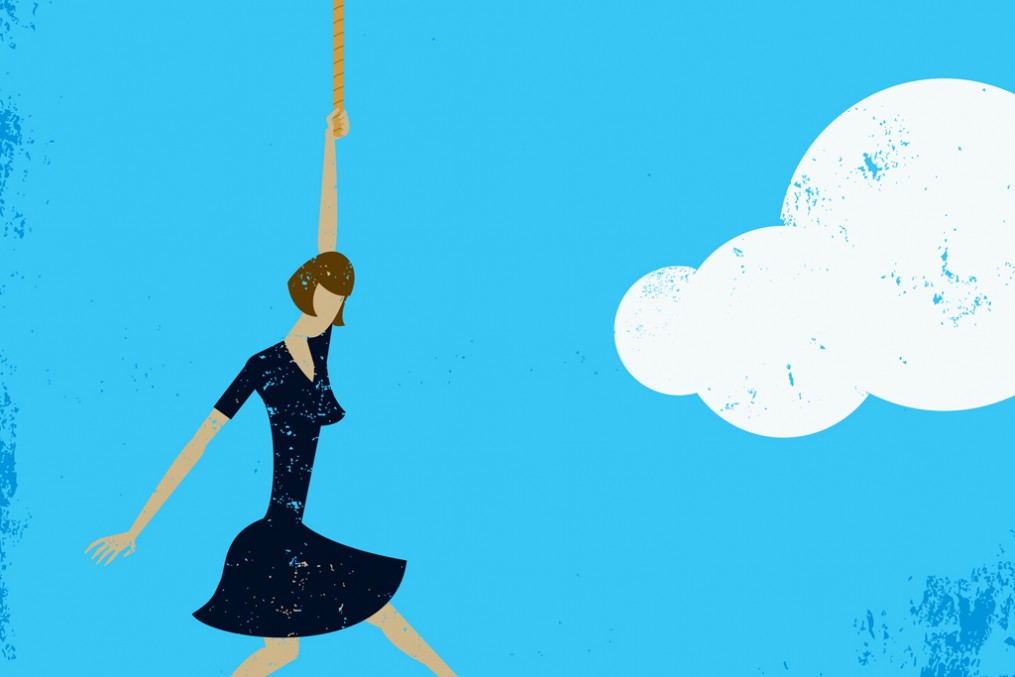What do we know about resilience and what are the lessons for us to take notice of. Rowan Gray discuses.
1. Ignorance is not bliss
Fooling ourselves seems to be at the heart of most of issues surrounding wellbeing. We feel compelled to fool ourselves for as long as possible. The funny thing is that if we say it long enough and loudly enough we can usually convince ourselves it’s reasonable. For example ‘only the weak can’t cope’, ‘taking care of myself is selfish’ or ‘I take the pay so I should be able to take the strain’. Most of us need to wake-up to a number of conditions that we unknowingly create for ourselves.
2. The near enemy of resilience is endurance
We get confused between resilience and endurance and this fundamental mistake challenges our ability to sustain ourselves in our work. It is not only individuals who get confused – organisations are too. As a result we create super human expectations of ourselves, or others, and end up feeling ashamed when we aren’t resilient enough.
3. Living with your fixed expectations
Sometimes we don’t even realise we have views, let alone that they are fixed. They can come from subtle influences such as family, friends, work or the community we live in. Our resilience can be compromised through a rigid states of mind such as ‘unless I am earning X I will not be happy’. The more fixed our views are, the more we have to endure. Resilience is the ability to adapt, bend and adjust to a world that is impermanent and in constant flux. It is a low drama state.
4. Physiology of stress
Stress is normal. Our bodies need cortisol (the stress response) to function on a daily basis. The problem is that stress is now chronic and we are unable to regulate it. Understanding the physiology of stress is the basis for better regulation.
5. The difference between rest and recovery
Rest doesn’t mean recovery. Rest is what we choose to do when we’re not working or honouring a commitment – many times our choices inhibit our ability to replenish ourselves. Recovery is a successful type of rest that enables you to bounce back so that you feel re-energised and ready to go again.
6. We are made to move
The way we move impacts the way we think and the way we feel. Movement helps people to find a different perspective, enables more creativity and gives an increased feeling of energy. These are qualities needed to learn, adapt and thrive in organisations that are increasingly complex and fast-paced.
7. What are you here to cause?
There is plenty of evidence that being connected to a purpose can actually aid your resilience. Purpose is not manufactured – it is uncovered (see another point of view on this here). Goals are commonly mistaken for purpose, i.e. getting something or accomplishing something. Purpose, on the other hand, is an expression of something that you are here to do – a place where one’s talents are put to work in service of something bigger than yourself.
Excerpt written by Rowan Gray, co-author of the book ‘Your Body Doesn’t Know What You Earn’ which is due to be released in 2016.

